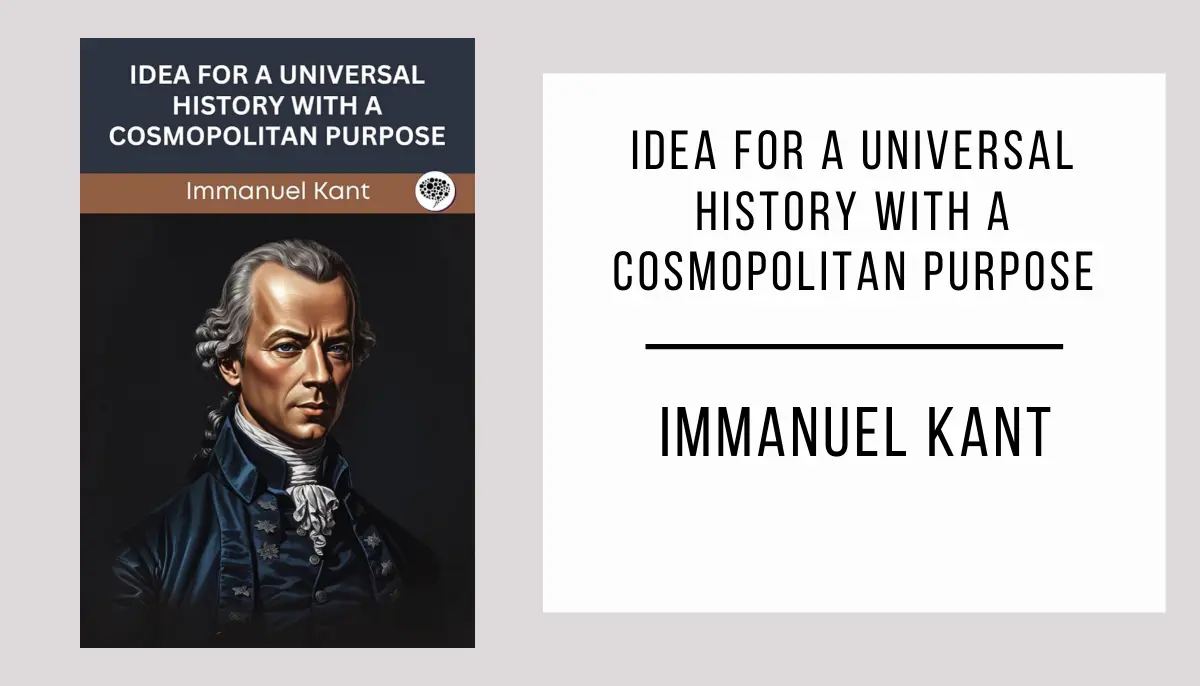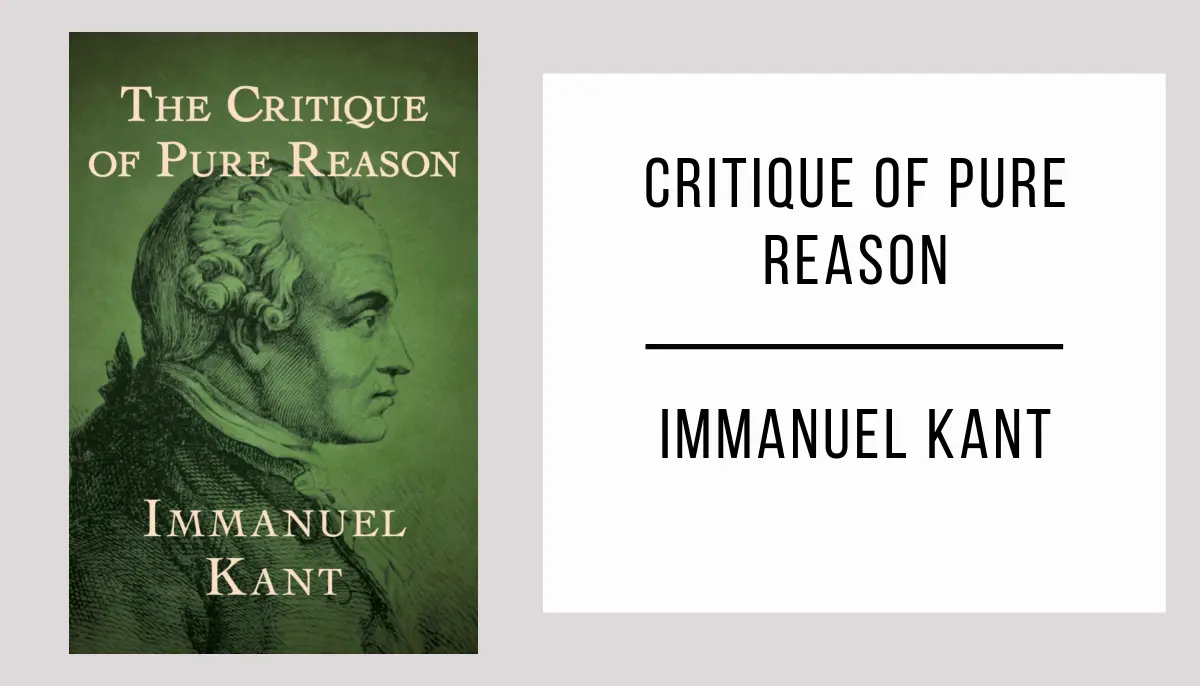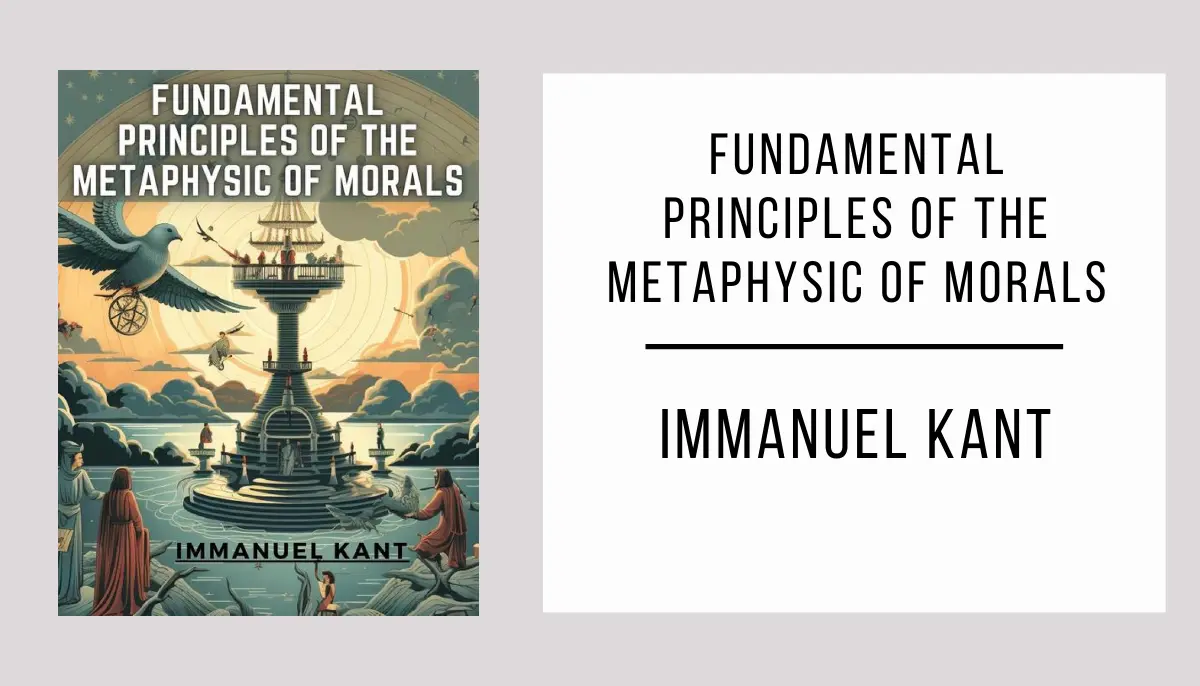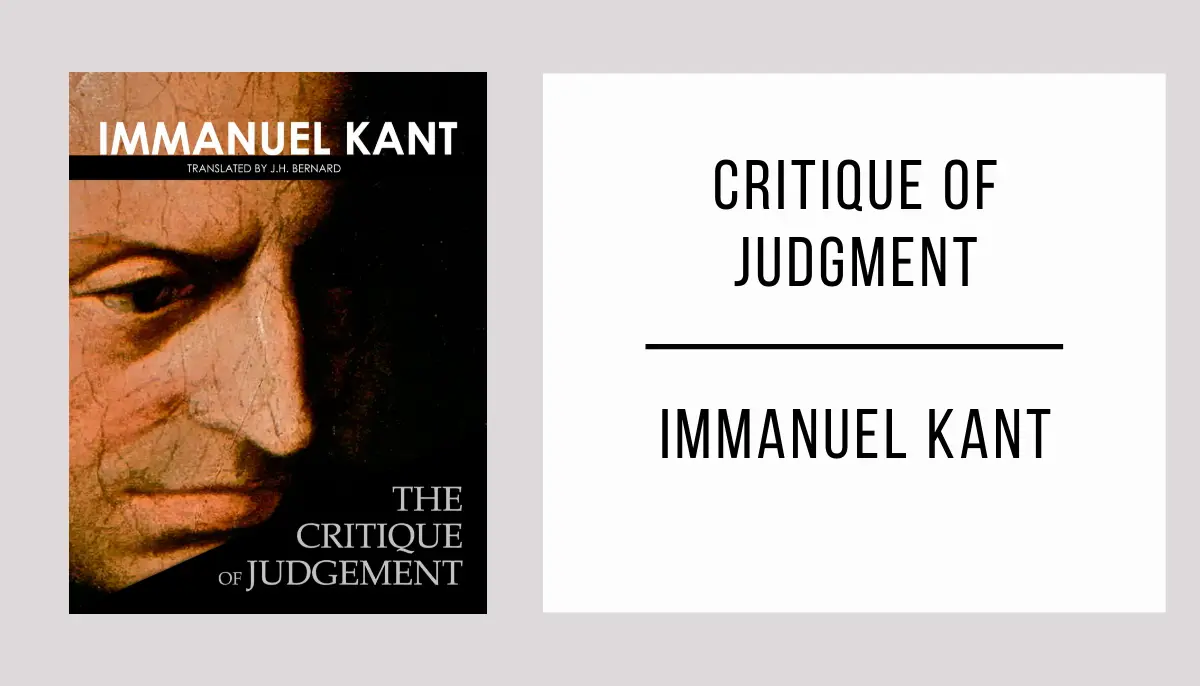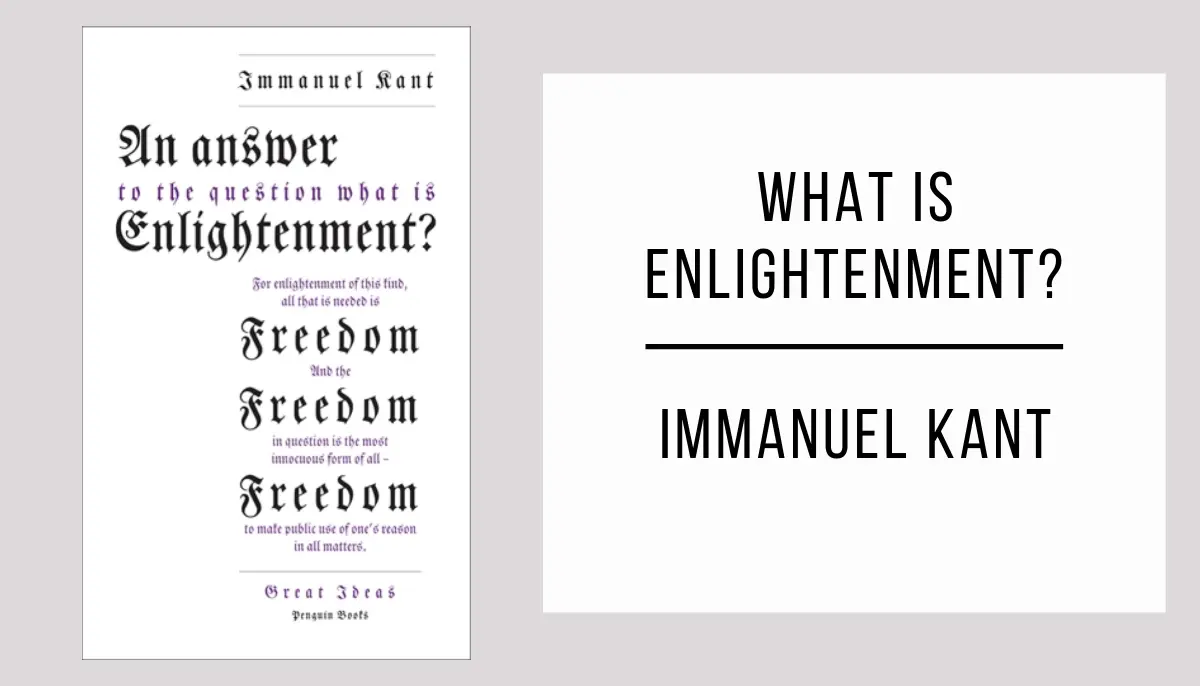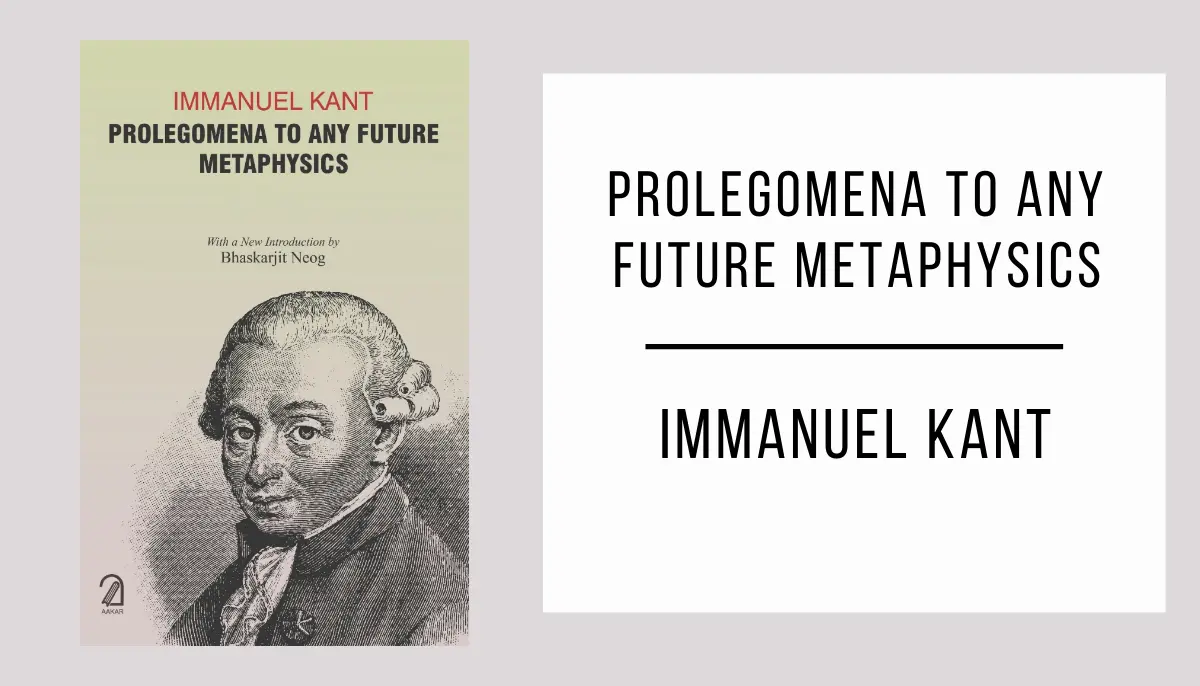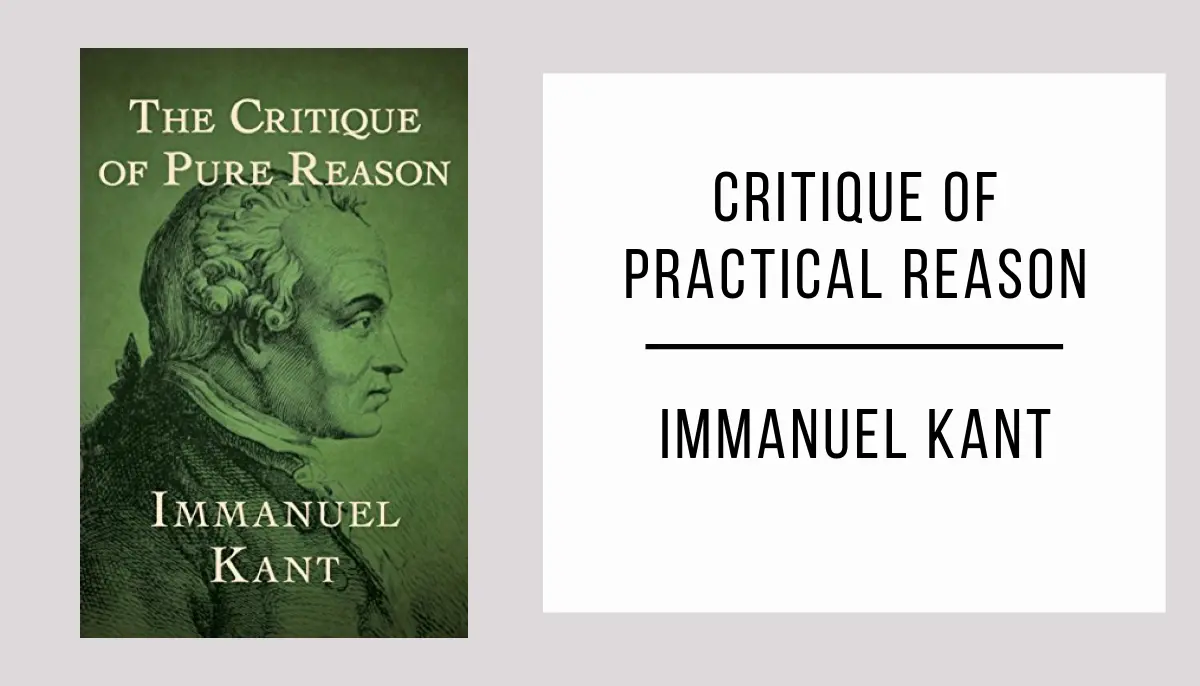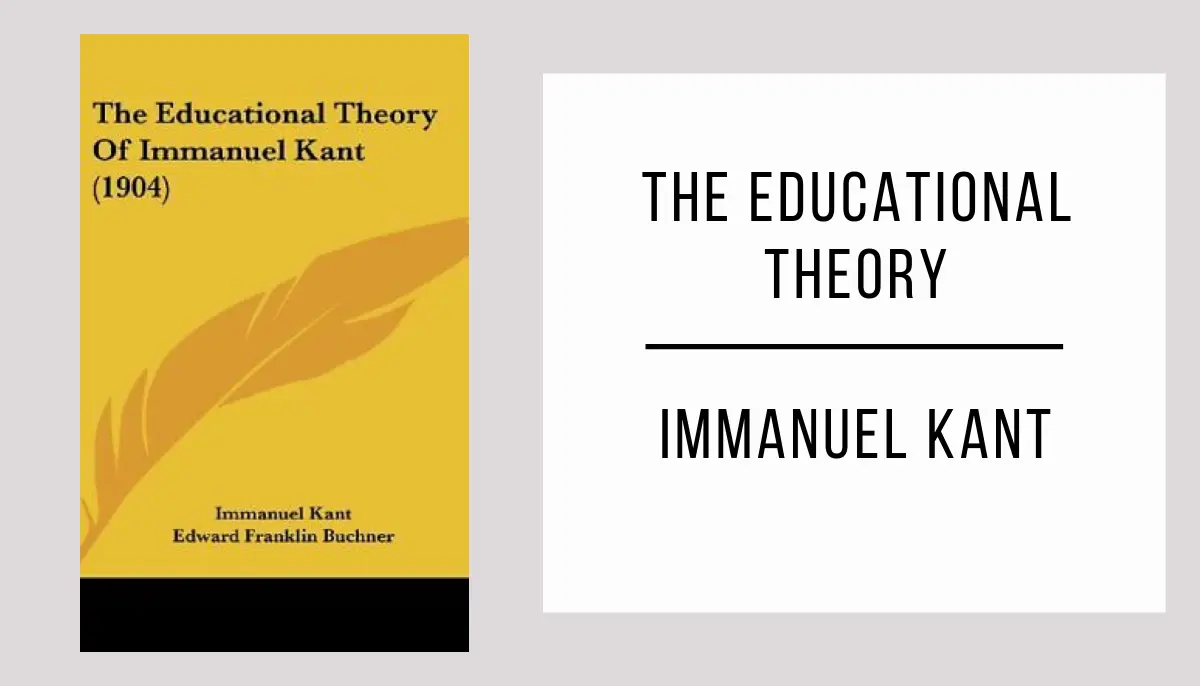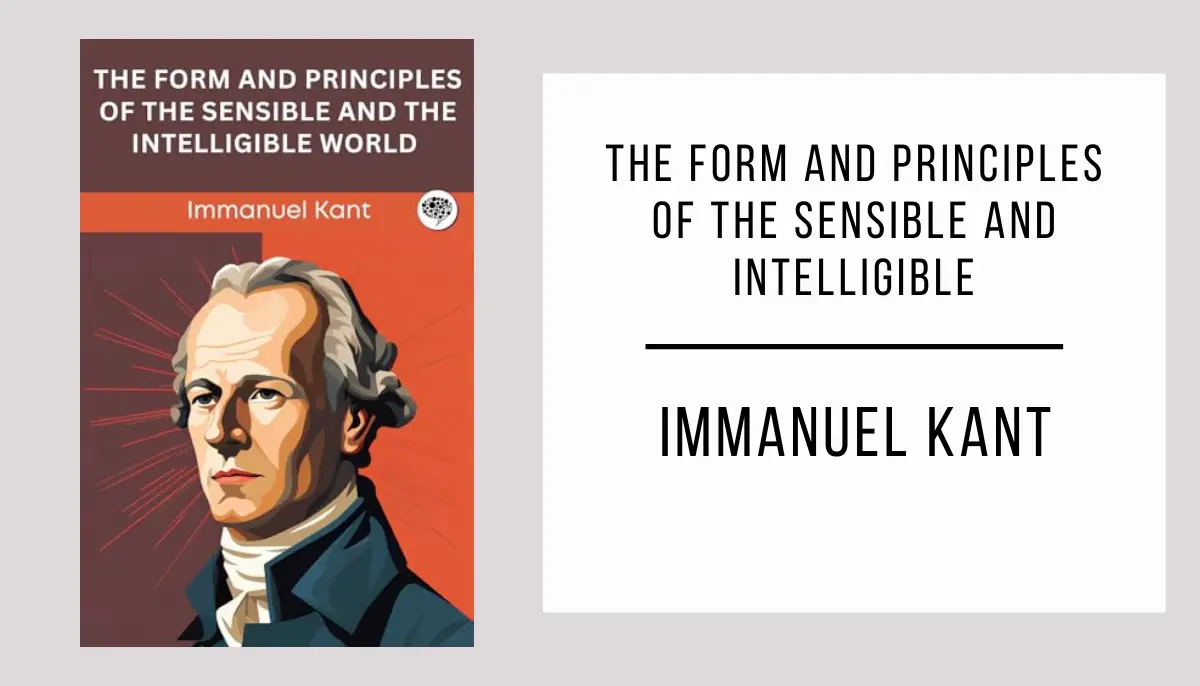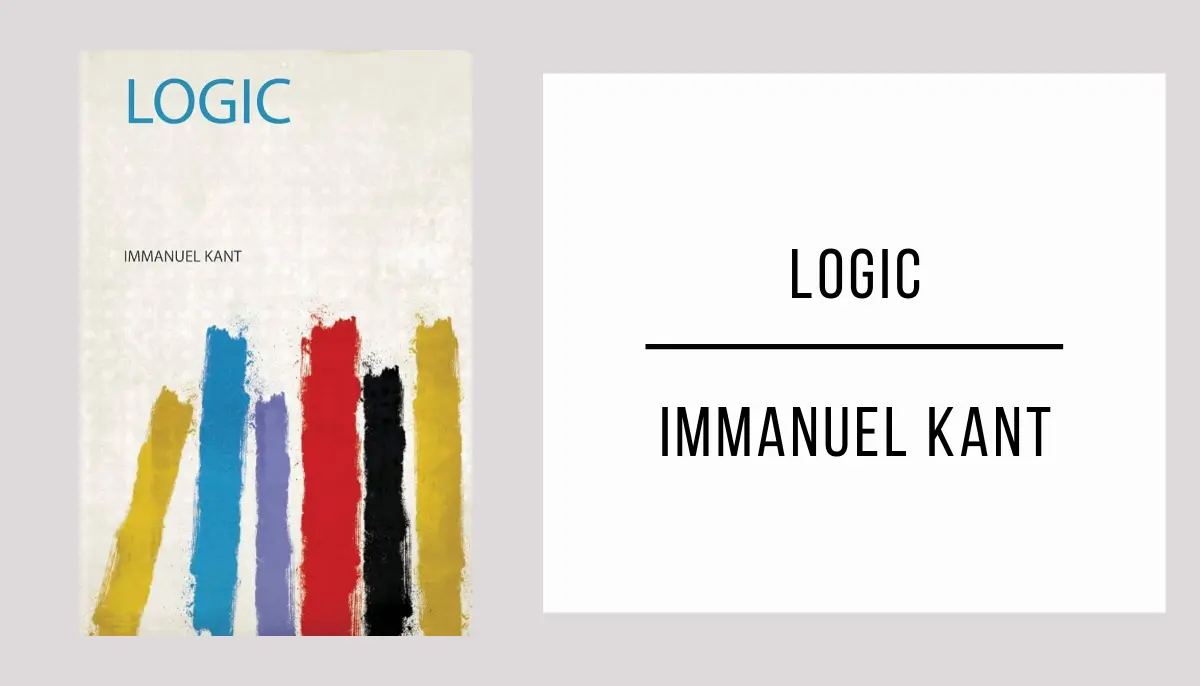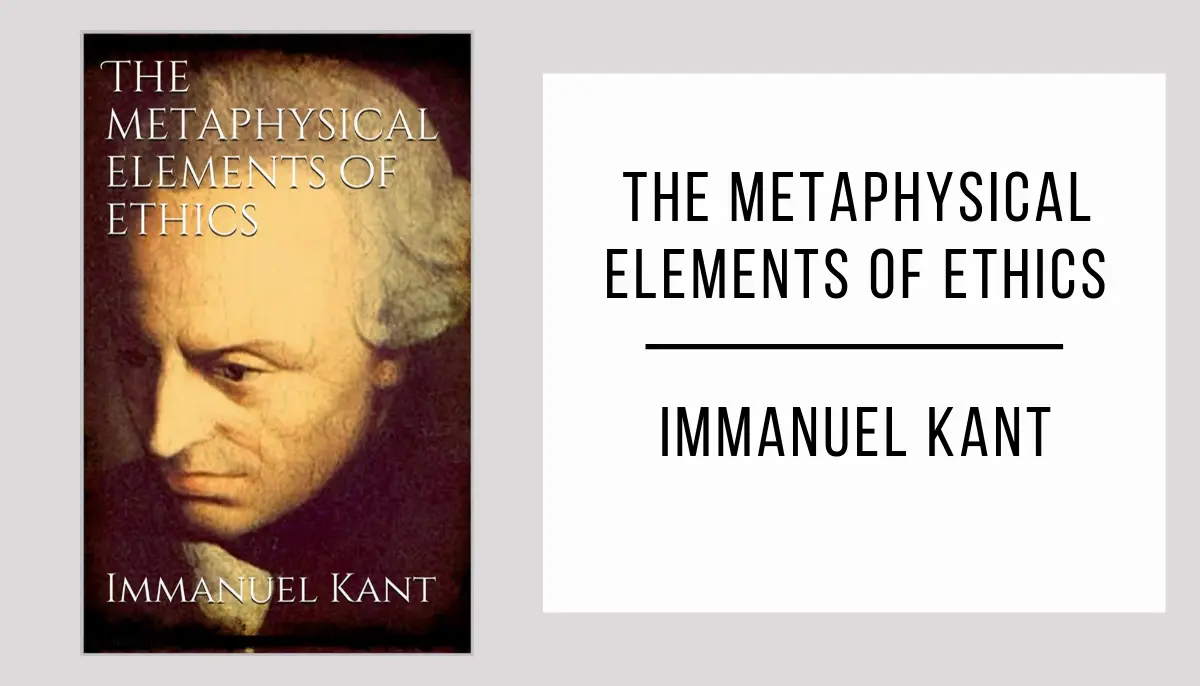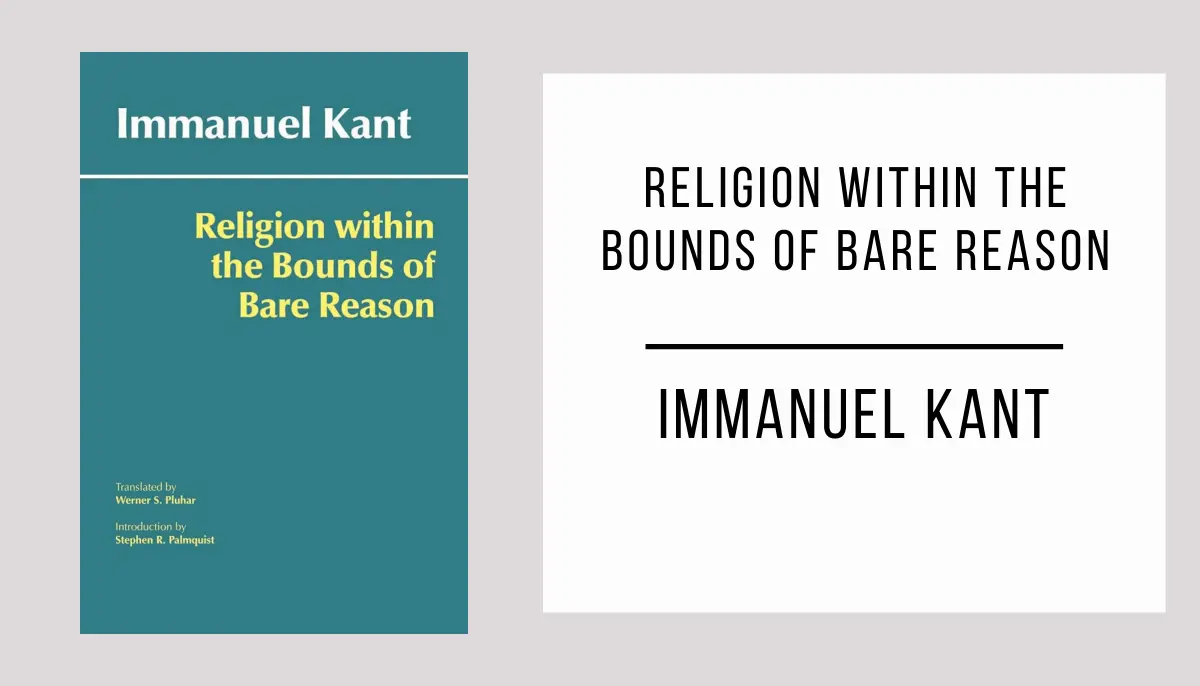“Idea for a Universal History with a Cosmopolitan Purpose” by Immanuel Kant is a fascinating intellectual journey that challenges the limits of thought. Explore Kant’s visionary ideas and his unique perspective on the history of humanity.
Download a free PDF copy of “Idea for a Universal History with a Cosmopolitan Purpose” now and delve into the depths of the mind of one of the greatest philosophers of all time.
“Ideas for a Universal History in a Cosmopolitan Key” invites you to question the world around you and expand your knowledge of the history of humanity.
Idea for a Universal History with a Cosmopolitan Purpose in PDF format
*Wait a few seconds for the document to load, the time may vary depending on your internet connection. If you prefer, you can download the file by clicking on the link below.
Loading fileInformation Idea for a Universal History with a Cosmopolitan Purpose
- Author: Immanuel Kant.
- Publication Date: 1784.
- Main Characters:
- There are no specific characters in the book.
- Brief Summary: “Idea for a Universal History with a Cosmopolitan Purpose” is an essay written by Immanuel Kant that posits the idea that rational and moral autonomy will prevail over selfish individualism throughout history. Kant proposes a hierarchical view of the development of world history and argues that European nations tend towards stateliness in a federation characterized by a universalist and cosmopolitan moral culture.
- Thematic Analysis: “Idea for a Universal History with a Cosmopolitan Purpose” addresses themes such as universal history, rational and moral autonomy, selfish individualism, and universalist moral culture.
- Historical Context: “Idea for a Universal History with a Cosmopolitan Purpose” was published after Kant’s groundbreaking work on epistemology, “Critique of Pure Reason” (1781), and before his critique of ethical theory, “Critique of Practical Reason” (1788). The essay generated controversy due to the political implications of Kant’s criticisms of his contemporary Johann Gottfried Herder.


